1. Kraft Paper Salad Bowl: A Natural Solution to Escalating Plastic Pollution
1.1 Global Environmental Crisis Demands Urgent Alternatives
Plastic pollution has become one of the most pressing environmental challenges of our time. With millions of tons of plastic entering oceans and landfills each year, the ecosystem is under severe stress. Plastics not only take centuries to degrade but also break down into microplastics, which are consumed by marine life and soil organisms—ultimately re-entering the human food chain and posing health risks. This environmental catastrophe underscores the urgent need for eco-friendly alternatives.
1.2 Natural Degradability of Kraft Paper Offers a Viable Path Forward
Kraft Paper Salad Bowls are crafted from natural pulp, offering one of the most environmentally viable solutions to the plastic crisis. Unlike synthetic polymers, kraft paper naturally decomposes within weeks or months, leaving no toxic residue. Whether discarded in marine environments or buried in soil, kraft paper rapidly returns to the earth without the need for complex waste treatment, eliminating long-term pollution.
1.3 Eco-Responsibility Meets Practicality in Food Service
In addition to its ecological benefits, kraft paper provides practical advantages for the food service industry. Its structural integrity and grease-resistant coating make it suitable for both hot and cold foods, making it an ideal alternative to plastic containers. Businesses adopting Kraft Paper Salad Bowls signal their commitment to sustainability while addressing the practical realities of food packaging.
2. Reducing Environmental Footprint with Kraft Paper Salad Bowls
2.1 Minimizing Waste Persistence in Soil and Marine Ecosystems
Plastic items often persist for hundreds of years, infiltrating every layer of the natural world. The transition to biodegradable materials like kraft paper drastically reduces the environmental footprint of single-use products. When composted or properly discarded, kraft paper avoids the long-term accumulation associated with plastic and supports a circular waste economy.
2.2 Safe and Silent Degradation Process Without Harmful Byproducts
The biodegradation of kraft paper is a clean and natural process. Unlike plastic, which emits toxic compounds or breaks into harmful microplastics, kraft paper simply disintegrates into organic matter. This silent decay process ensures that neither the air, soil, nor water systems are contaminated, and no additional energy or resources are required for its breakdown.
2.3 Lower Energy Consumption During Manufacturing
Kraft paper production is also less environmentally intensive than plastic manufacturing. It uses fewer synthetic chemicals, consumes less energy, and often comes from sustainably managed forestry operations. As a result, the lifecycle carbon emissions of Kraft Paper Salad Bowls are significantly lower, contributing to broader climate change mitigation efforts and lowering the environmental cost per unit.
3. Driving a Global Shift Toward Sustainable Dining Habits
3.1 Aligning with Global Regulations and Environmental Trends
Governments around the world are tightening restrictions on single-use plastics through bans, levies, and incentives. Kraft Paper Salad Bowls provide a compliant and future-proof option for restaurants, caterers, and food vendors. By switching to biodegradable tableware, businesses not only meet legal requirements but also future-proof their operations against rising environmental scrutiny.
3.2 Empowering Consumers to Make Greener Choices
With increasing awareness of environmental issues, consumers are actively seeking products that reflect their values. Kraft Paper Salad Bowls appeal to this growing demographic by providing a sustainable, health-conscious alternative to plastic containers. They empower consumers to reduce their plastic consumption without compromising on convenience or functionality.
3.3 Catalyzing Societal Change Through Everyday Consumption
The widespread adoption of eco-friendly alternatives like Kraft Paper Salad Bowls can spark broader cultural shifts. As more people incorporate sustainable products into their daily lives, environmental awareness and responsibility become mainstream. This momentum encourages innovation in other sectors, reinforcing a positive feedback loop toward a more sustainable society.

 English
English Español
Español عربى
عربى


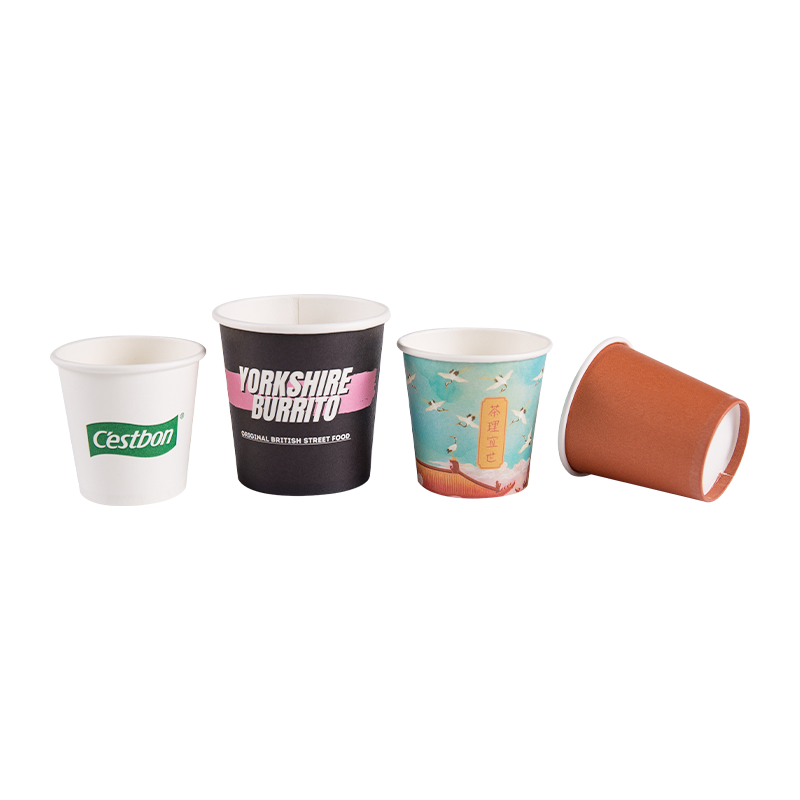
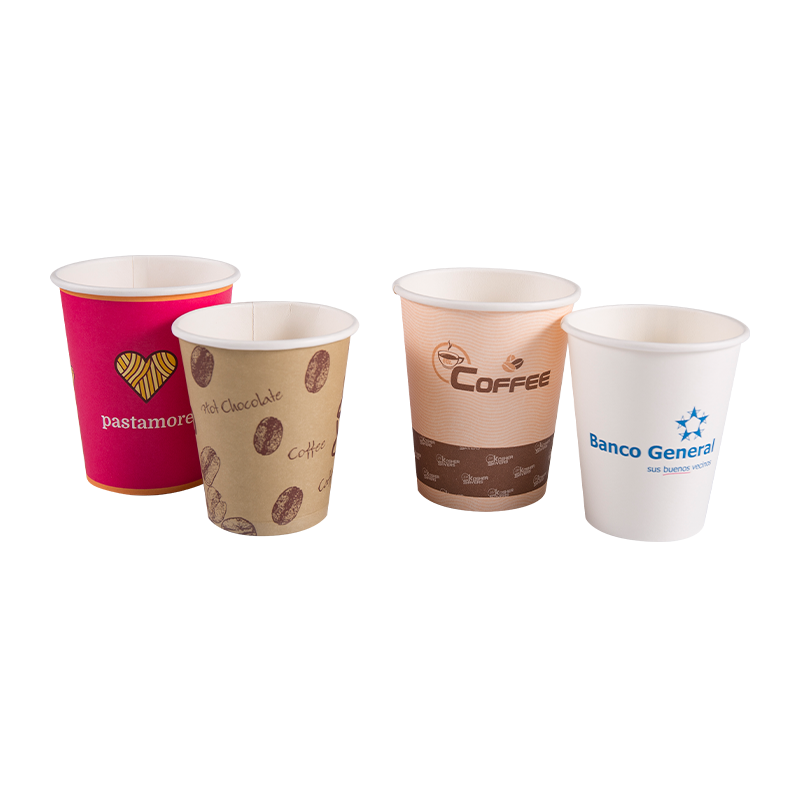
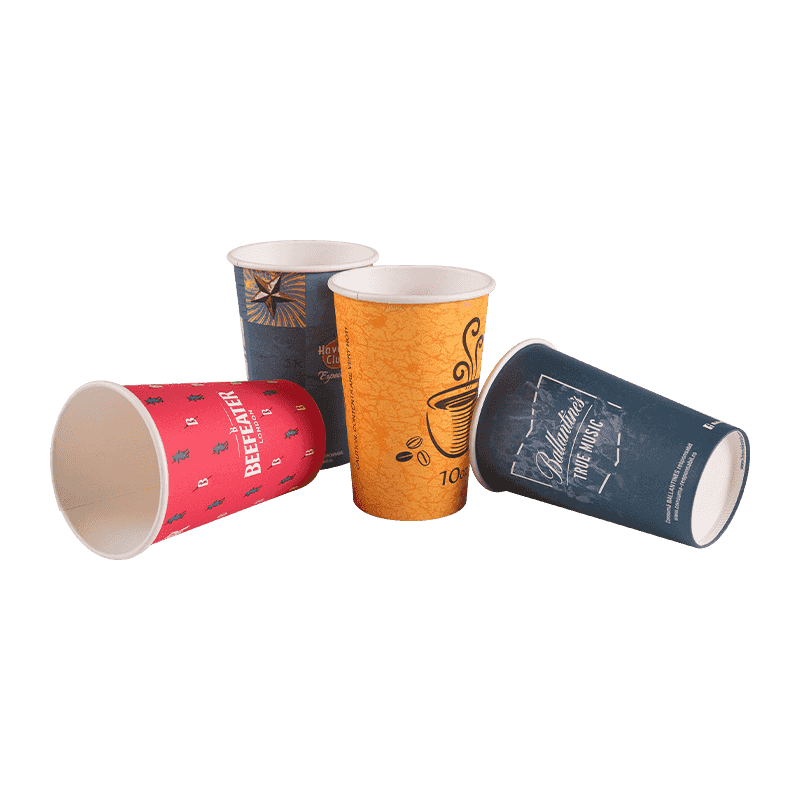
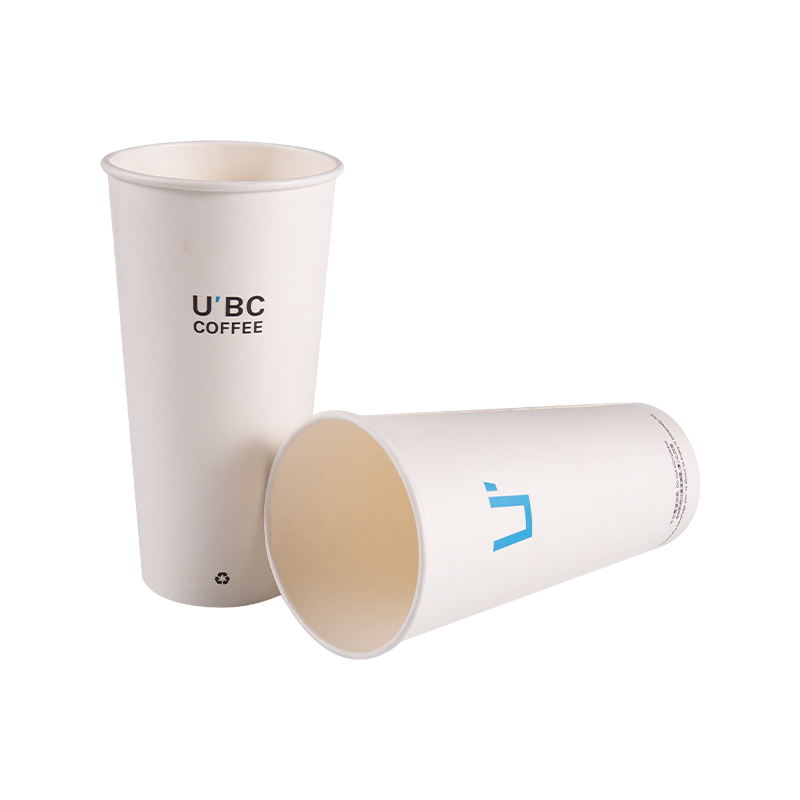
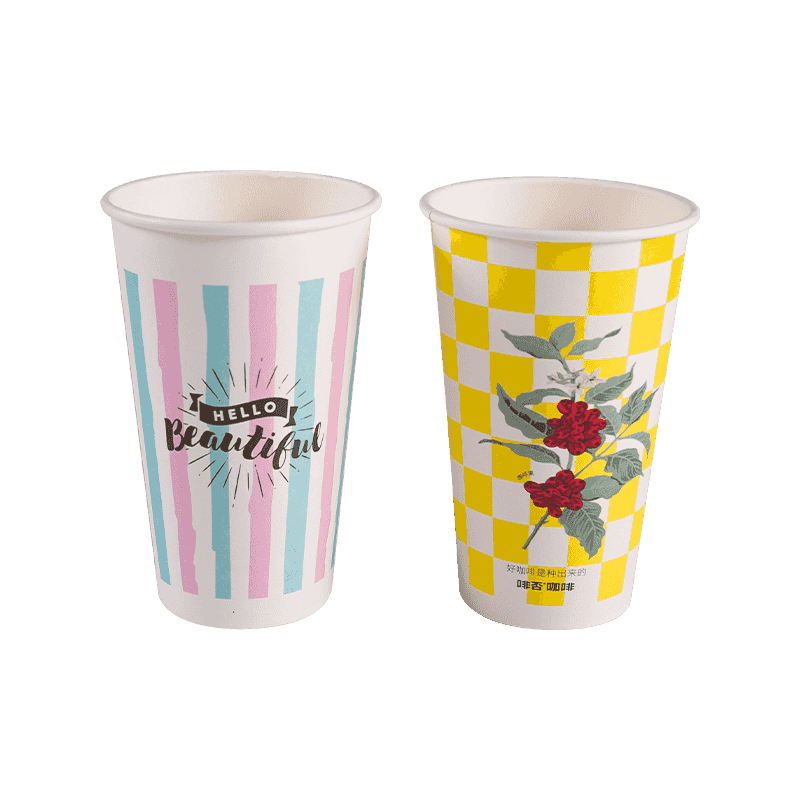
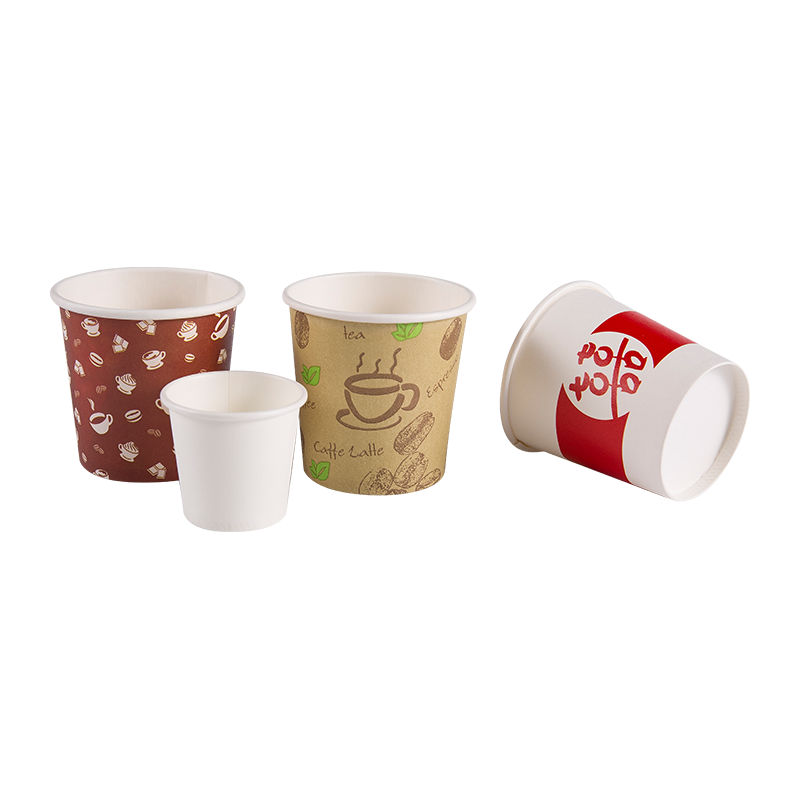
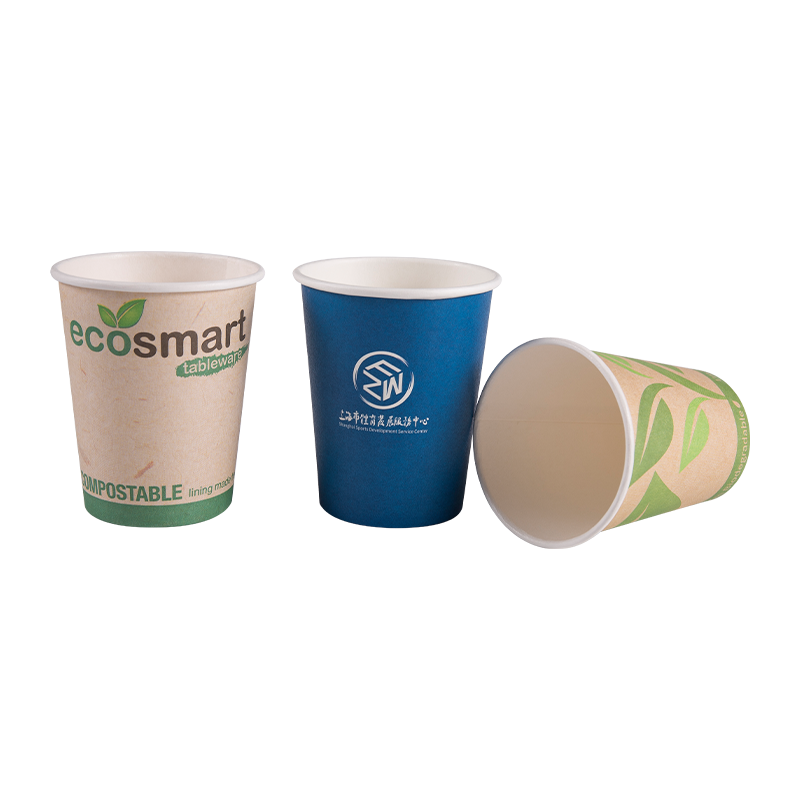
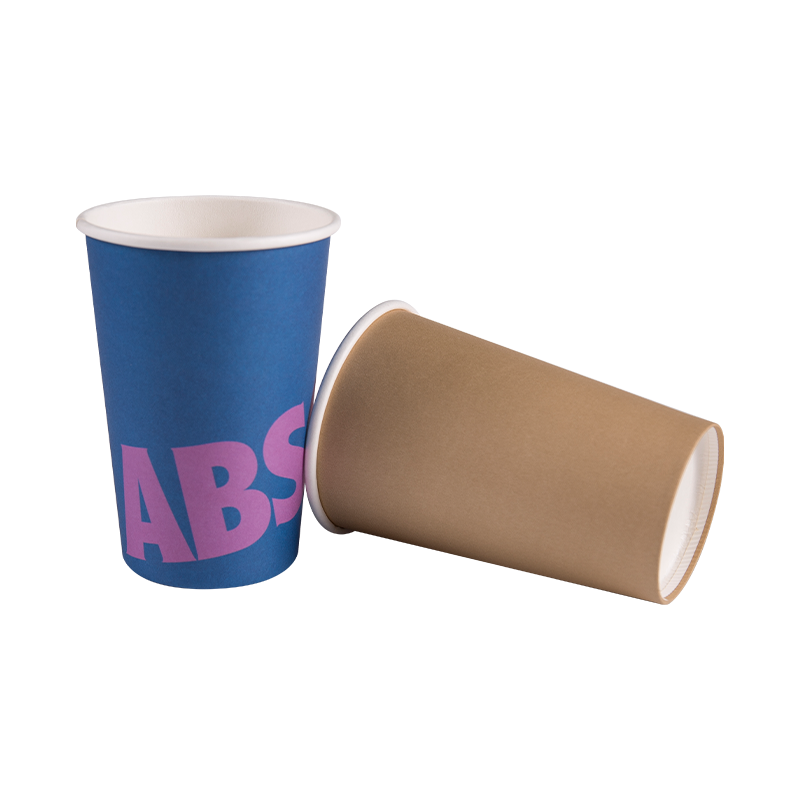
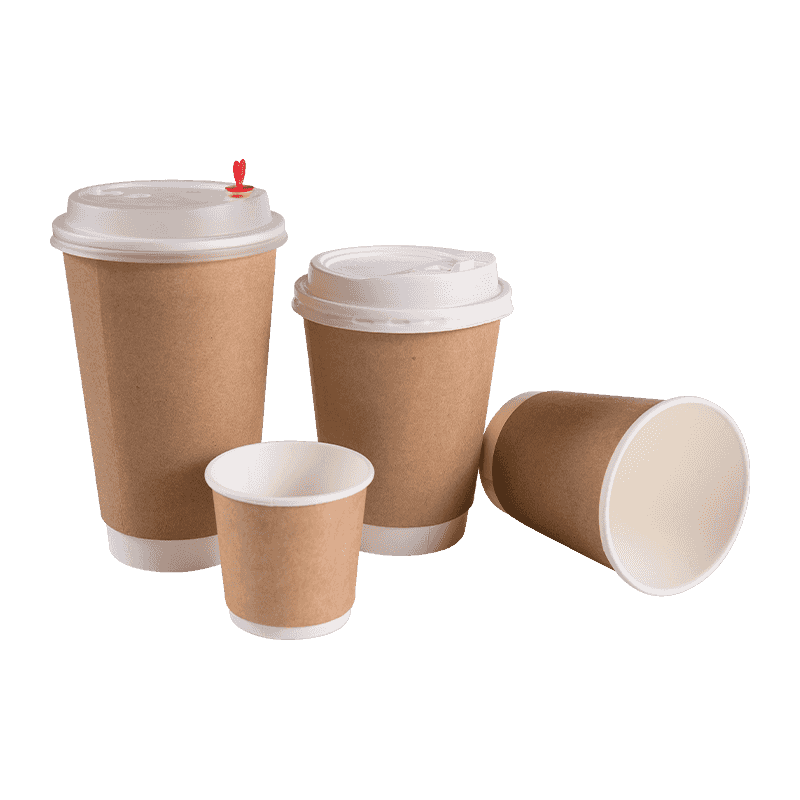
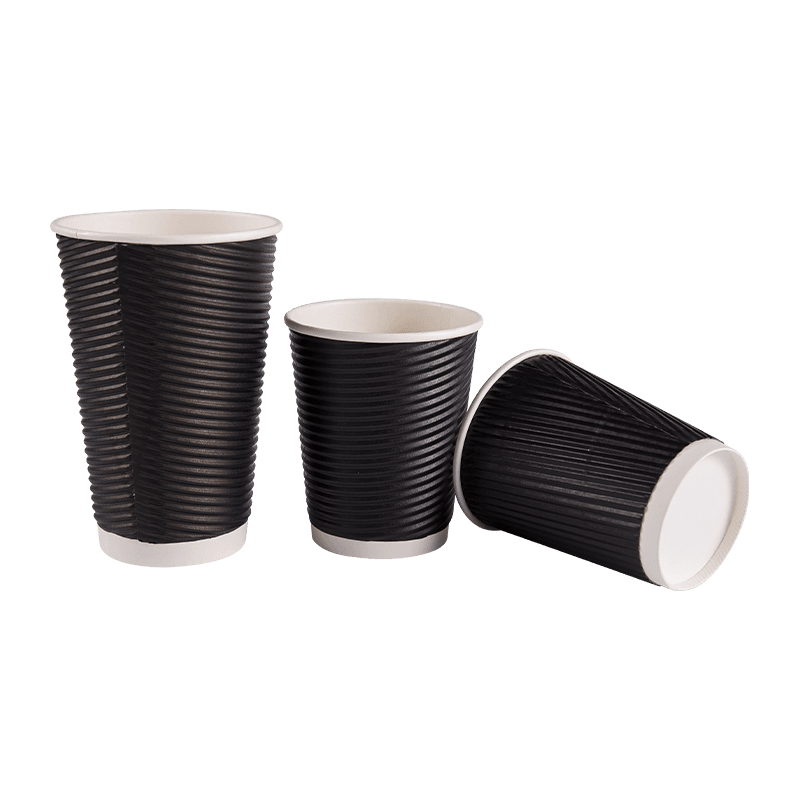

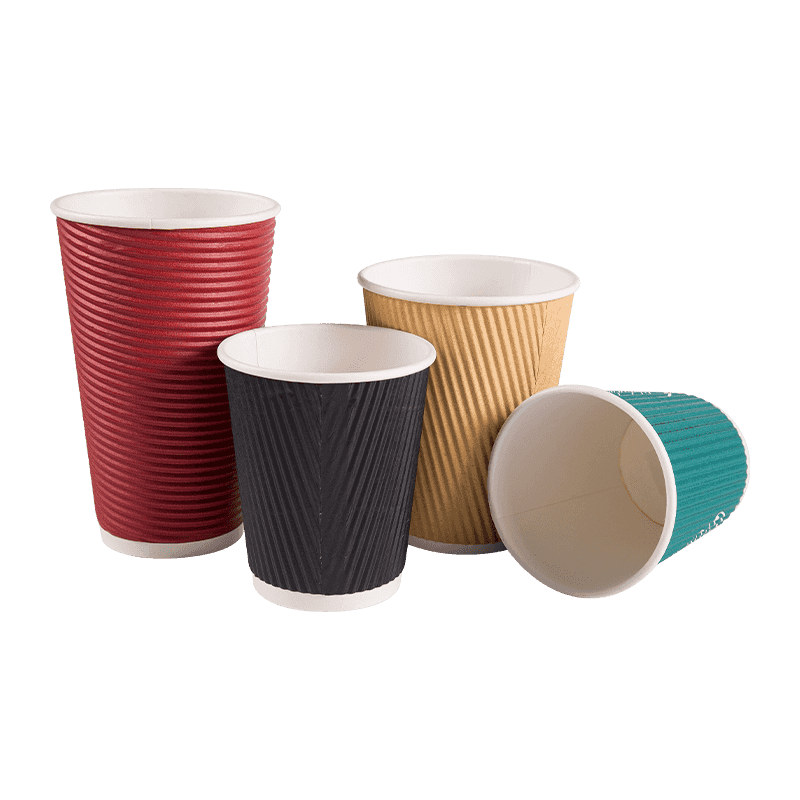

 +86-0563-8029081
+86-0563-8029081
 +86-0563-8029081
+86-0563-8029081 No. 12 Sanxi Road, Xinqiao Development Zone, Jingde Country, Xuancheng City, Anhui Province.
No. 12 Sanxi Road, Xinqiao Development Zone, Jingde Country, Xuancheng City, Anhui Province.